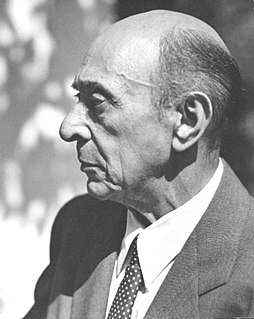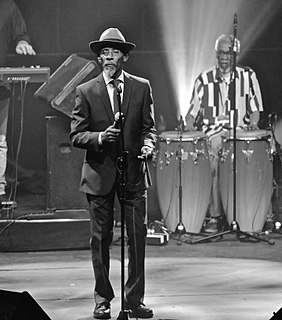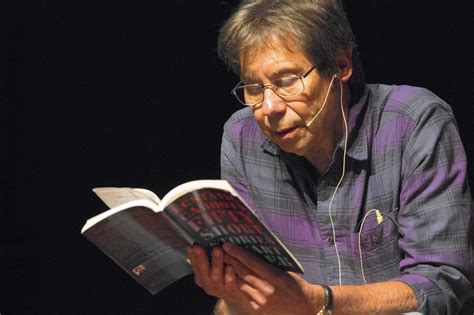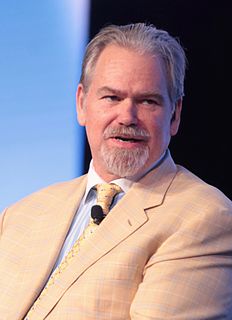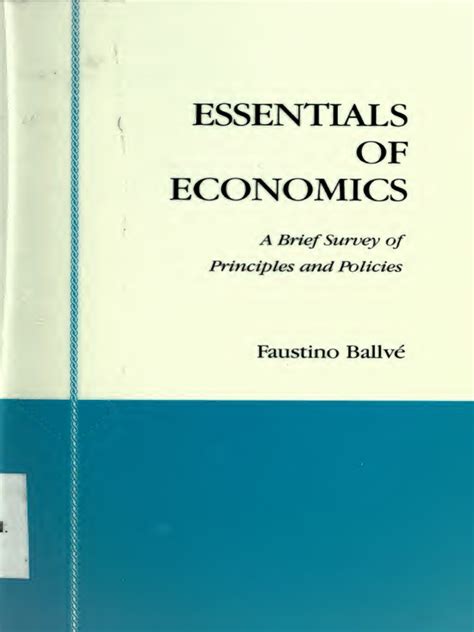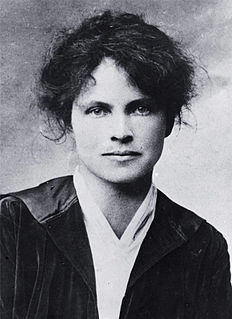Top 1200 Historical Value Quotes & Sayings
Explore popular Historical Value quotes.
Last updated on April 14, 2025.
Of God's love we can say two things: it is poured out universally for everyone from the Pope to the loneliest wino on the planet; and secondly, God's love doesn't seek value, it creates value. It is not because we have value that we are loved, but because we are loved that we have value. Our value is a gift, not an achievement.
I am a Prince," he replied, being rather dense. "It is the function of a Prince—value A—to kill monsters—value B—for the purpose of establishing order—value C—and maintaining a steady supply of maidens—value D. If one inserts the derivative of value A (Prince) into the equation y equals BC plus CD squared, and sets it equal to zero, giving the apex of the parabola, namely, the point of intersection between A (Prince) and B (Monster), one determines value E—a stable kingdom. It is all very complicated, and if you have a chart handy I can graph it for you.
....the popular music of Jamaica, the music of the people, is an essentially experiential music, not merely in the sense that the people experience the music, but also in the sense that the music is true to the historical experience, that the music reflects the historical experience. It is the spiritual expression of the historical experience of the Afro-Jamaican.
What distinguishes the historical social system we are calling historical capitalism is that in this historical system capital came to be used (invested) in a very special way. It came to be used with the primary objective or intent of self-expansion. In this system, past accumulations were 'capital' only to the extend they were used to accumulate more of the same.
In 'Labor Day Hurricane, 1935,' Douglas Trevor vividly recreates a historical event. While that is the only story in A THIN TEAR IN THE FABRIC OF SPACE in the historical past, many of the other stories juxtapose fact-both historical and scientific-with narration to an engaging effect, one that distinguishes the voice of this new writer.
It is easy to see, though it scarcely needs to be pointed out, since it is involved in the fact that Reason is set aside, that faith is not a form of knowledge; for all knowledge is either a knowledge of the eternal, excluding the temporal and historical as indifferent, or it is pure historical knowledge. No knowledge can have for its object the absurdity that the eternal is the historical.
History is valuable, to begin with, because it is true; and this, though not the whole of its value, is the foundation and condition of all the rest. That all knowledge, as such, is in some degree good, would appear to be at least probable; and the knowledge of every historical fact possesses this element of goodness, even if it posses no other.







